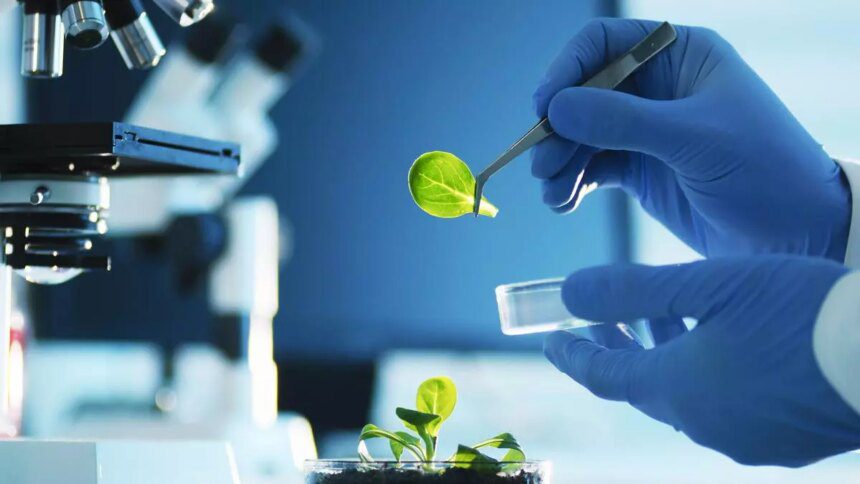Nitrogen use efficiency (NUE) is a crucial factor in agriculture, as it directly impacts crop yield and environmental sustainability. Researchers at the National Institute of Plant Genome Research (NIPGR) in New Delhi have made significant strides in improving NUE by reducing nitric oxide content in plants, particularly rice. By enhancing the production of phytoglobin, a molecule that scavenges nitric oxide, the researchers were able to increase the uptake of nitrogen in plants.
Traditionally, NUE pathways revolved around the application of inorganic nitrogen fertilizers, which come with drawbacks such as increased operational costs and nitrogen oxide emissions. The pharmaceutical approach taken by the NIPGR team offers a more sustainable solution, as it genetically modulates nitric oxide levels to boost nitrate uptake in plants. By overexpressing phytoglobin, the researchers were able to enhance the production of high-affinity nitrate transporters, leading to improved nitrogen utilization efficiency.
This novel approach opens up new possibilities for enhancing crop yield while reducing the reliance on nitrogen fertilizers. Further research in this direction could pave the way for developing innovative strategies to improve NUE in various agroecosystems. By identifying bacteria that can act as nitric oxide scavengers in plants, the NIPGR team aims to further optimize nitrogen uptake efficiency and minimize the environmental impact of fertilizer use.
Overall, this research not only sheds light on an unknown pathway for enhancing NUE but also highlights the potential of genetic engineering and pharmaceutical interventions in agriculture. By harnessing the power of plant molecular biology, researchers can revolutionize agricultural practices and pave the way for a more sustainable and efficient food production system.






